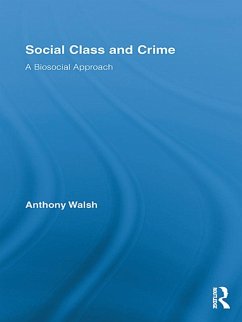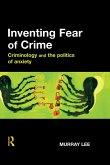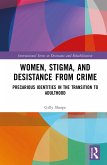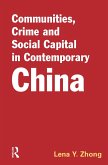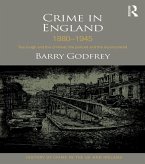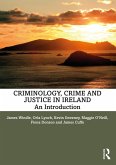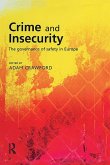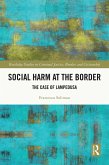This book takes a look at the class-crime relationship written from a biosocial perspective, a perspective that views nature and nurture as the heads and tails our development and of our existence. Using concepts and data from genetics, neurobiology, and evolutionary biology, it explores the closely-linked risk factors common both to failing to achieve occupational success and to criminal behavior.
Dieser Download kann aus rechtlichen Gründen nur mit Rechnungsadresse in A, B, BG, CY, CZ, D, DK, EW, E, FIN, F, GR, HR, H, IRL, I, LT, L, LR, M, NL, PL, P, R, S, SLO, SK ausgeliefert werden.

